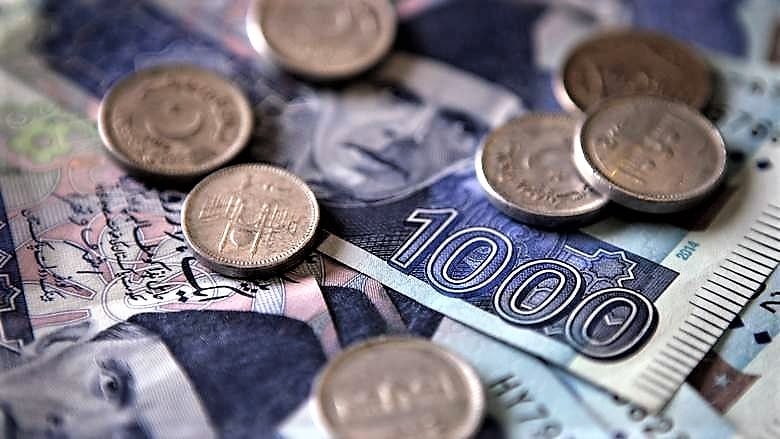Pakistan is currently facing extreme economic conditions where the state has much fewer reserves amid the massive foreign loans and their haunting repayments ahead. Although the Federal Government under the leadership of Imran Khan, managed to get some monetary favors from fellow countries like Saudi Arabia, China and UAE, still the country is going through a tough economic phase.
Despite the import of oil from Saudi Arabia on deferred payment terms, there are other foreign debts as well which need to be repaid. State Bank of Pakistan (SBP) made a recent payment in June for the external debt, which brought down the bank’s reserves to 7,807.2 million USD from 7,862.4 million USD, creating a decline in funds by 55.2 million USD.
However, this is not the worst condition ever, as the reserves went below the 7 billion USD mark earlier, which incredibly elevated the concerns over the repayment of the debts by the country.
The reserves were then rescued and upheaved by the support of UAE and Saudi Arabia. The reserves were further strengthened by the receipt of 2.5 billion USD from China, 622 million USD from Asian Development Bank (ADB), 106 million USD from World Bank, and 350 million USD under Coalition Support Fund (CSF).
Comparatively fewer funds and unstable economic conditions are causing the continuous struggle of rupee as against the US dollar. The central bank has left with no other option other than to let the local currency depreciate.
The rupee had a significant collapse recently when it was sharply depreciated and touched 152. The government has now crafted the Budget 2019 accordingly, with the aim to maximize the revenue collection and minimize the expenses in order to stabilize the economy. Import and Export policies are also revised in order to support economic growth and decrease deficits.

